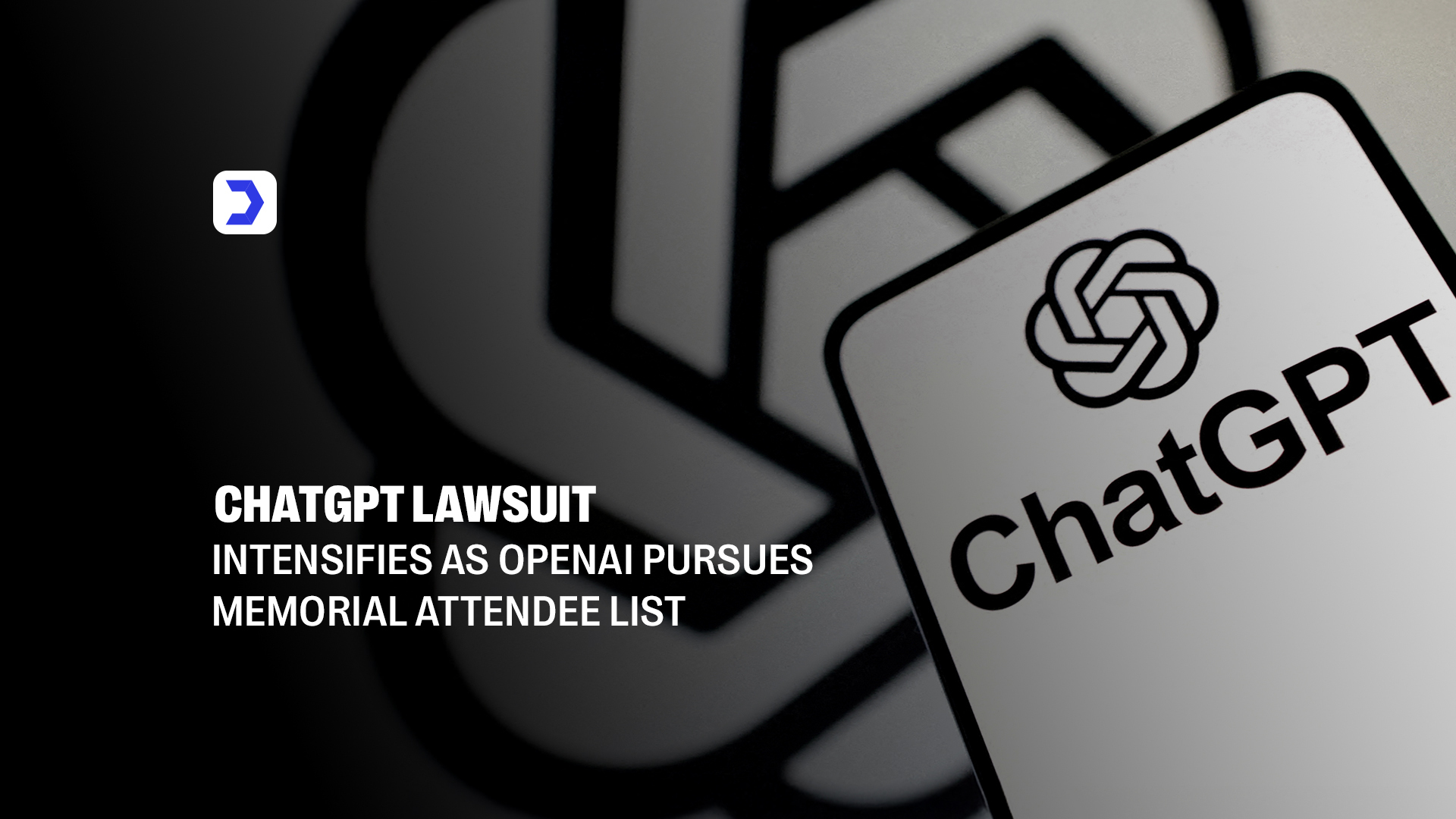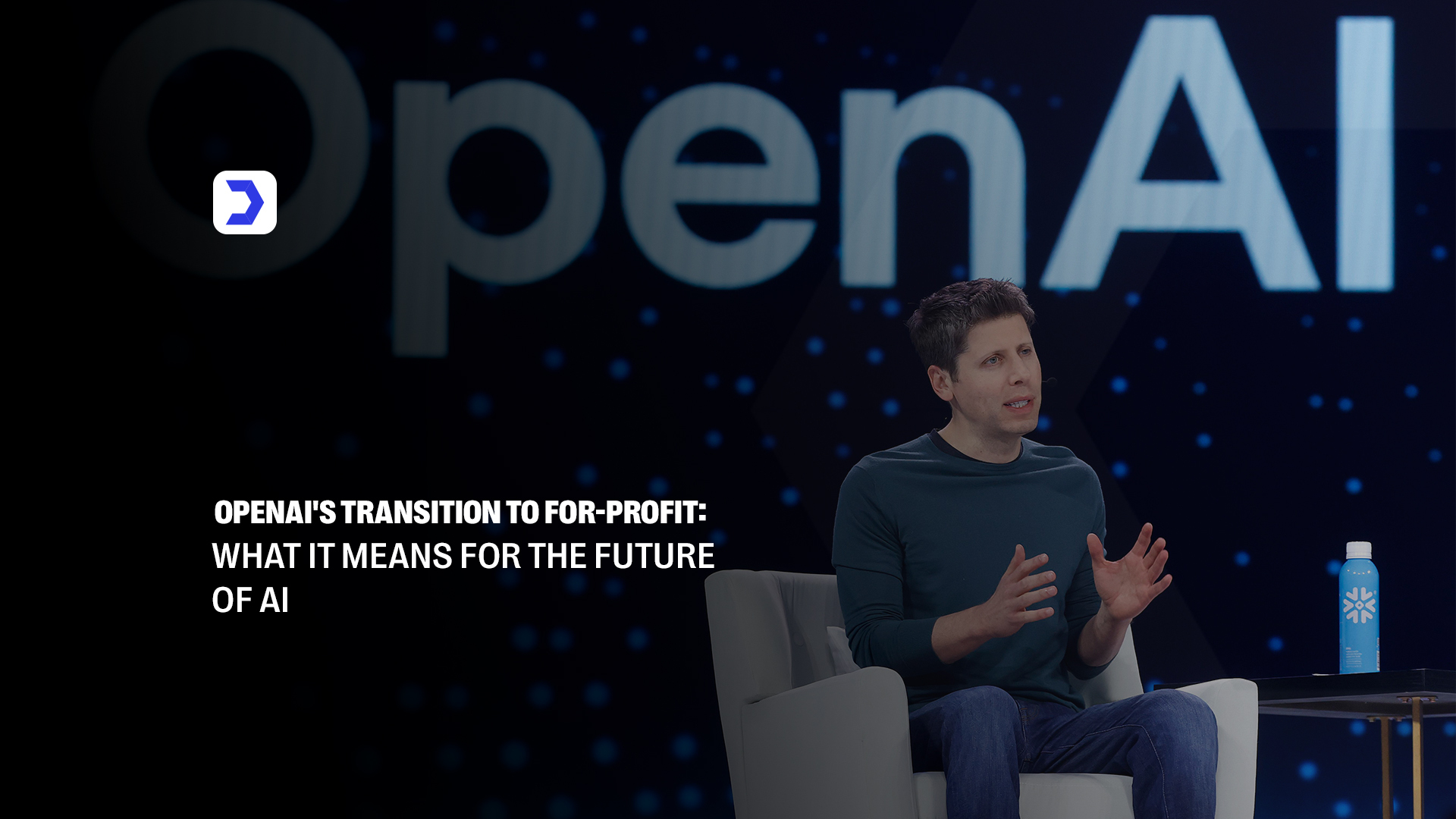Summary
- The ChatGPT lawsuit against OpenAI centers on the tragic case of Adam Raine, raising critical questions about AI safety, user protection, and data ethics.
- OpenAI’s request for a memorial attendee list has intensified public debate over privacy and the company’s handling of sensitive information.
- The legal dispute coincides with OpenAI’s expansion of GPT-4o, a model known for its advanced reasoning and humanlike interaction capabilities.
- New developments, including tools like the Codex Agent, showcase OpenAI’s ambition to dominate both conversational and coding-focused AI markets.
- The case’s outcome will likely influence future AI governance, forcing the industry to balance innovation, accountability, and emotional responsibility in system design.
The ongoing ChatGPT lawsuit has reached a new level of intensity as OpenAI pushes for access to a memorial attendee list tied to the late Adam Raine, a user whose interactions with ChatGPT, powered by GPT-4o, are central to the case. The legal dispute has become one of the most controversial moments in the company’s history, raising urgent questions about privacy, data responsibility, and the ethical limits of artificial intelligence.
According to filings, OpenAI’s legal team has requested detailed records connected to the memorial held for Raine, citing their relevance to understanding the emotional and social factors surrounding the tragedy. However, critics argue this move represents an unnecessary invasion of privacy and underscores growing concerns about how far the company is willing to go to defend its technology.
The case has drawn significant public attention because of its implications for AI accountability. ChatGPT, powered by GPT-4o, has been widely praised for its advanced reasoning and conversational depth, but those same capabilities have become a focal point of criticism, particularly when used by emotionally vulnerable individuals. As AI continues to blur the line between assistance and companionship, OpenAI’s handling of this lawsuit could redefine how AI companies approach sensitive user interactions moving forward.
Observers suggest that OpenAI’s strategy mirrors the complexity of its recent technical developments. The company’s release of O3 Pro, its latest reasoning model, represents a push toward safer, more context-aware AI systems. The model was built with a stronger ethical framework designed to reduce risk in high-sensitivity applications. This development, in the O3 Pro update, reflects OpenAI’s attempt to combine innovation with social responsibility, a balance that is being tested in real time by the Raine lawsuit.
While OpenAI maintains that it intends to clarify the role of ChatGPT in the events leading up to the tragedy, critics contend that the move to access personal information like memorial attendee lists undermines public trust. The lawsuit highlights the tension between corporate defense strategies and ethical boundaries in AI governance.
The outcome of this case will likely have long-term implications not only for OpenAI but for the broader AI industry. It raises foundational questions about how data is managed, how emotional safety can be safeguarded, and whether generative AI systems, no matter how advanced, can ever be entirely neutral in human interactions.
Features, rollout, and competitive implications
The intensifying ChatGPT lawsuit has prompted closer examination of how OpenAI managed the evolution and rollout of its flagship AI model, GPT-4o, which introduced groundbreaking capabilities in reasoning, memory, and multimodal understanding. These advancements transformed ChatGPT from a conversational assistant into a deeply interactive system capable of maintaining contextual awareness, generating code, and adapting across use cases. While these upgrades positioned OpenAI as a leader in the AI space, they also accelerated scrutiny around ethical deployment and user safety.
OpenAI’s rapid expansion strategy has reshaped the competitive landscape, as companies worldwide rush to integrate similar conversational and generative capabilities. In this landscape, Digital Software Labs News reported growing interest in AI models that blend creativity with technical precision, precisely the balance OpenAI aimed to achieve with GPT-4. As new tools and integrations emerged, ChatGPT’s reach extended beyond casual users into enterprise environments and developer workflows. One major advancement included the Codex Agent, which made AI-powered coding simpler and more collaborative. The system, featured in AI Coding Made Easier with Codex Agent, allowed users to generate, test, and debug code seamlessly within ChatGPT’s interface, showcasing OpenAI’s vision for AI-driven productivity.
However, these same innovations have become central to the lawsuit’s broader narrative. As OpenAI pushed forward with rapid product releases and competitive milestones, the balance between innovation and safety grew increasingly delicate. GPT-4’s conversational realism, now under legal scrutiny, reflects both the company’s technical ambition and the ethical complexities of creating humanlike intelligence. For the AI industry, this case may redefine how companies manage rollout velocity, user responsibility, and emotional sensitivity in the next wave of intelligent systems.




